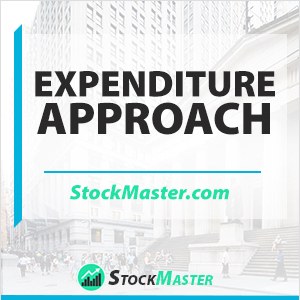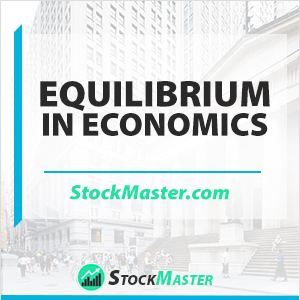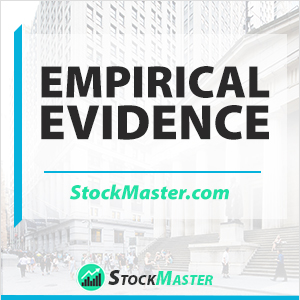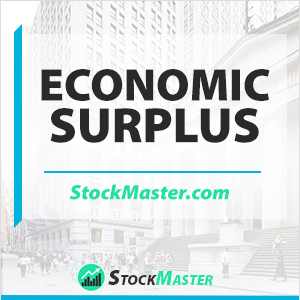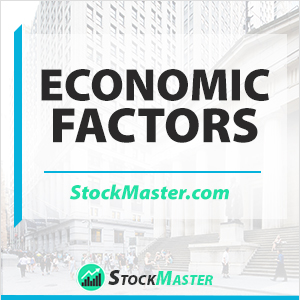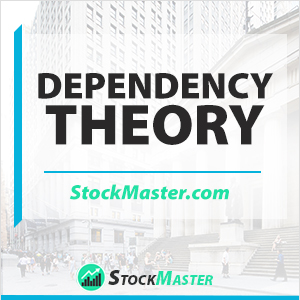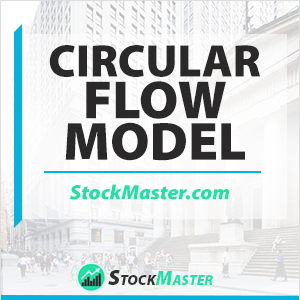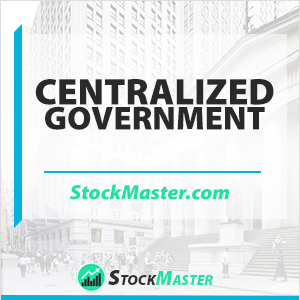What is Expenditure Approach? Definition: The expenditure approach is a method used to measure the Gross Domestic Product of a country. The distinct GDP measuring metric focuses on the amount of money spent within a country’s border. Unlike other methods, the method focuses on consumer consumption as well as government spending and net exports. The
Category: Economics
Equilibrium
What Is Equilibrium? Definition: Equilibrium is a term whose application is broad. However, the standard definition of equilibrium is a state of balance or calmness where there is no conflict between opposing forces. In this article, we will focus on equilibrium as used in chemical reactions and in economics. Equilibrium in Chemical Reactions In a
Empirical Evidence
What Is Empirical Evidence? Definition: Empirical evidence refers to information that is obtained through experience. The process of obtaining empirical evidence begins with a hypothesis, which entails assumptions and predictions. This hypothesis is then tested through observation and documentation of the subsequent patterns and behavior. At the end, one will be able to reject or
Economic Surplus
What is an Economic Surplus? Definition: Economic surplus is a term used to denote the benefit that suppliers obtain on selling a good or service at a much higher price than they were willing to sell. Likewise, it is the benefit, which consumers enjoy, for paying a much lower price for goods or services as
Economic Factors
What are Economic Factors? Definition: Economic factors refer to fundamental data about an economy or market that influences business performance. Such factors are often taken into consideration when estimating how a business is likely to perform. Investors also rely on economic factors to ascertain a company or an investment value. Economic factors are external factors
Diminishing Marginal Product
What is Diminishing Marginal Product? Definition: Diminishing marginal product is an economic concept that describes the phenomenon where the more input that is employed in a production process the lesser the margin of extra output obtained. This concept helps managers to refine their decisions concerning how to adjust inputs in a way that maximizes productivity.
Demand
What is Demand? Definition: Demand is a key pillar in commerce and without it, there would be no business. It is defined in economics as the quantity or amount of products or services that consumers are willing to pay a specific amount of money for. Think about it this way. One cannot sell a product
Dependency Theory
What is the Dependency Theory? Definition: The dependency theory is a tool used to explain the inequalities in development between First World (Global North) and the Third World (Global South). This school of thought seeks to analyze the fundamentals of underdevelopment, to identify its causes, and to come with remedies to the situation. Particularly, this
Circular Flow Model
What is the Circular Flow Model? Definition: The circular flow model is a term used to describe how products and money move in an economy. Since civilized societies experience an endless flow of money on a daily basis, the circulation covers the flow of goods and services from producers to households or consumers in exchange
Centralized Government
What is a Centralized Government? Definition: A centralized government is a governing body where the leader has ultimate power to make decisions without the need of public approval or input. A government is an essential institution in all countries worldwide. Indeed, institutions in the private sector operate under the directorship of some form of government.

